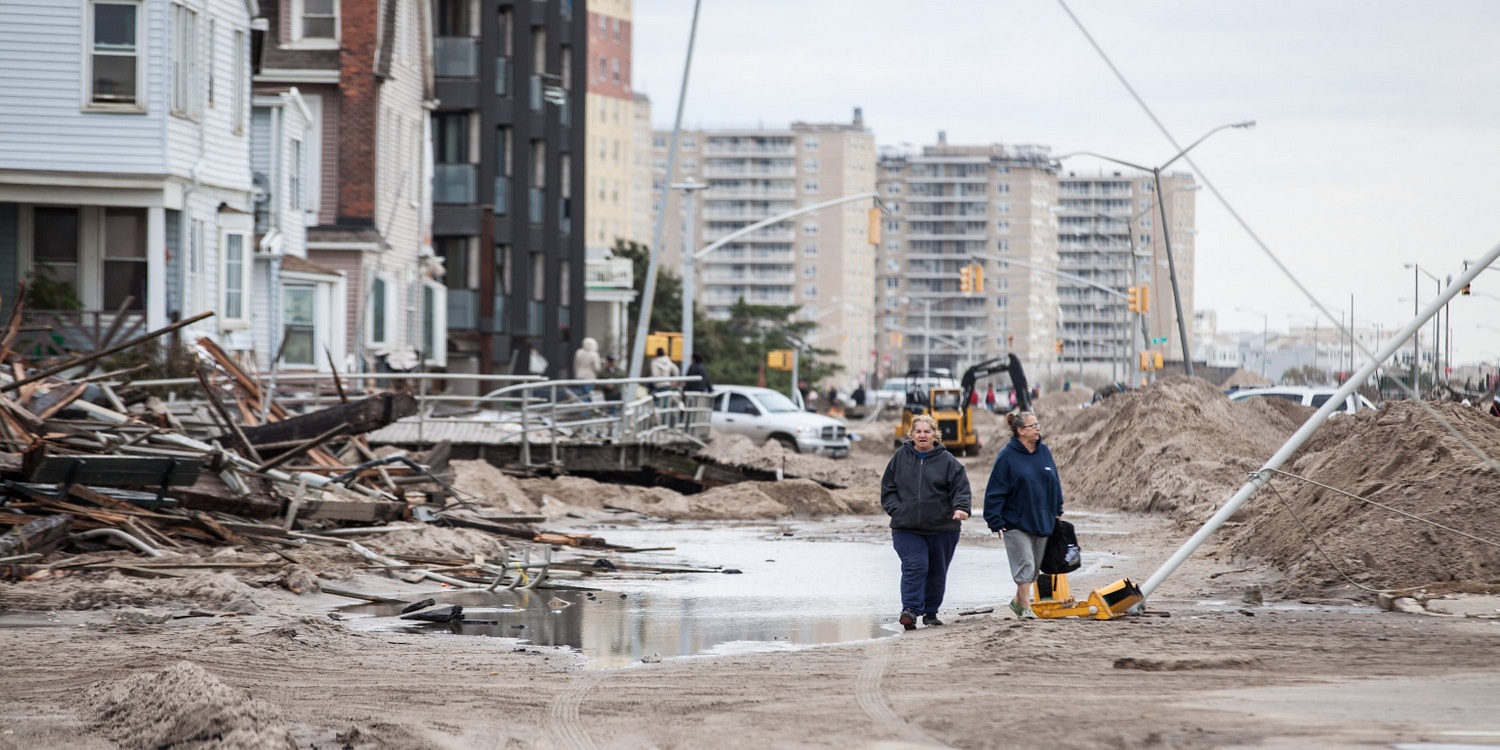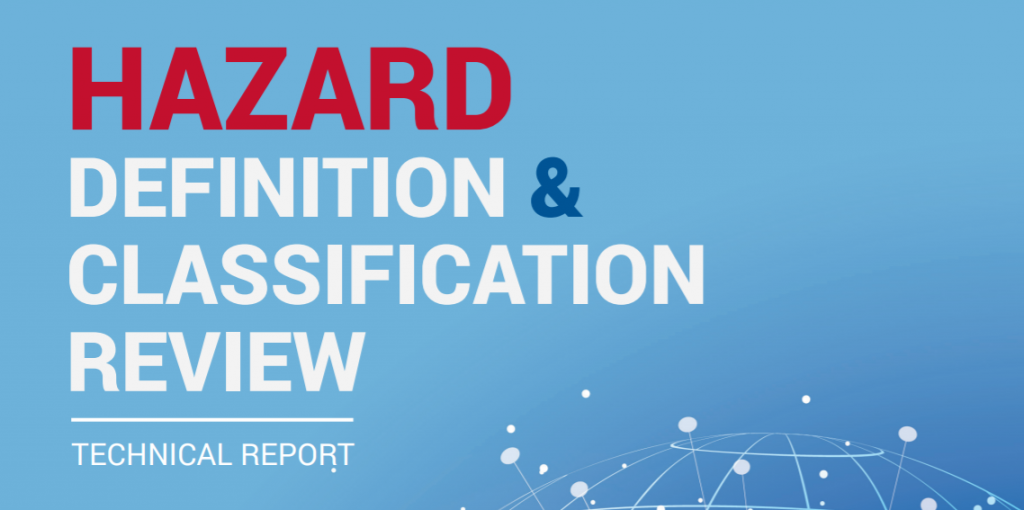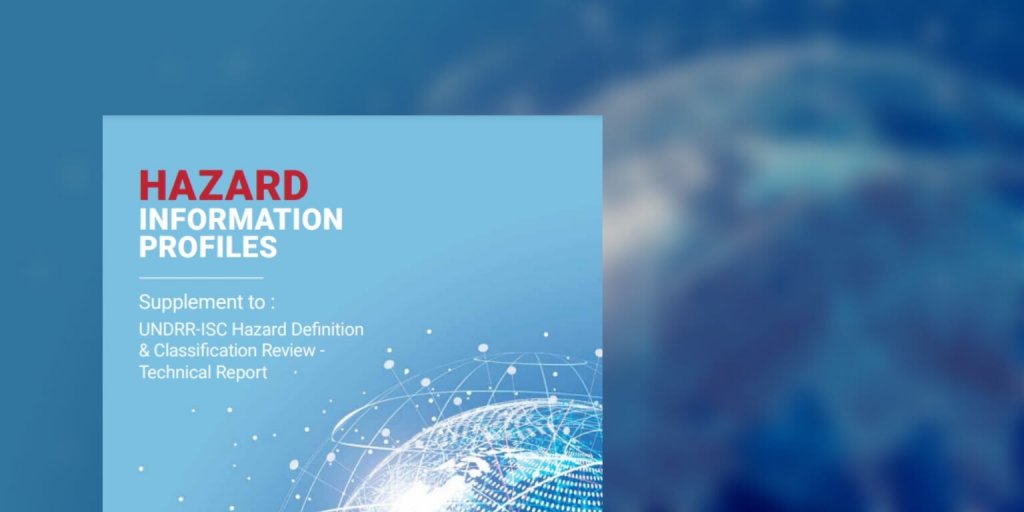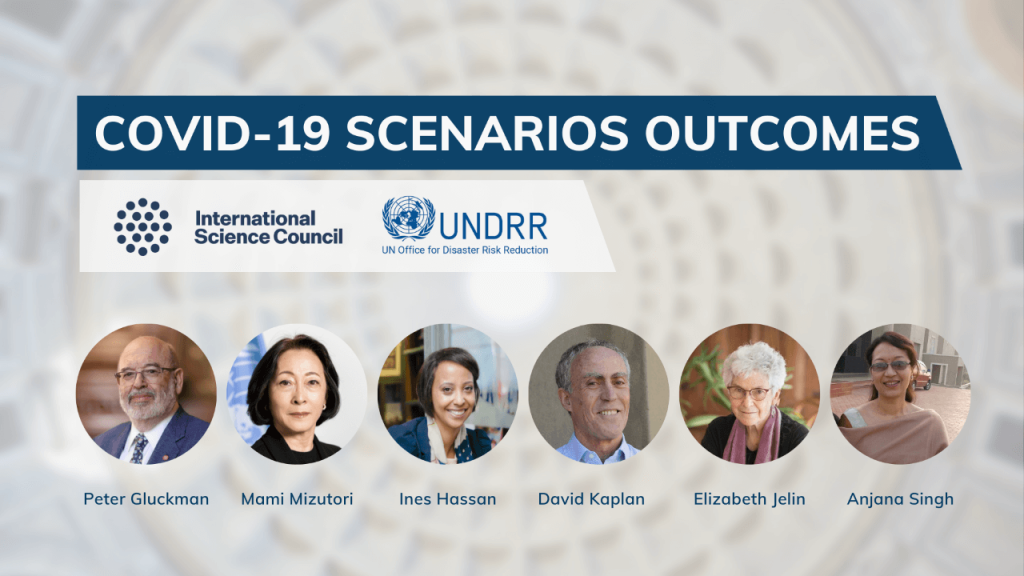
International cooperation and convening international science is a key value of the International Science Council. The global pandemic and the need to address the wicked challenges brought on by climate change and biodiversity loss are key drivers to promote and enhance the sixth target on international cooperation of the Sendai Framework on Disaster Risk Reduction.
The International Day for Disaster Risk Reduction was started in 1989, after a call by the United Nations General Assembly for a day to promote a global culture of risk-awareness and disaster reduction. Held every 13 October, the day celebrates how people and communities around the world are reducing their exposure to disasters and raising awareness about the importance of reining in the risks that they face.
Global target F seeks to “Substantially enhance international cooperation to developing countries through adequate and sustainable support to complement their national actions for implementation of this framework by 2030”. Below are just some of the ways the ISC is collaborating on disaster risk reduction.
The ISC works closely with the UNDRR through our Memorandum of Understanding. During this period, two important reports have been published, in collaboration with ISC members and Public Health England. Comments and suggestions are currently being sought for the newly published Hazard Information Profiles supplement.

Hazards Classification and Definitions Review
The ISC Action Plan project, Science and the Sendai Framework for Disaster Risk Reduction, aims to accelerate implementation of the 2030 Agenda through support for interactions-based research and policy prioritization and programming at all levels of governance. The report on Hazard Definition and Classification Review is a key step in this process.

Hazard Information Profiles: Supplement to UNDRR-ISC Hazard Definition & Classification Review – Technical Report
The UNDRR/ISC Sendai Hazard Definition and Classification Review Technical Report provides a common set of hazard definitions for monitoring and reviewing implementation which calls for “a data revolution, rigorous accountability mechanisms and renewed global partnerships”.
The UNDRR has observer status, along with the World Health Organization, as part of the ISC’s COVID19 Outcome Scenarios Project. As part of the celebrations for International Disaster Risk Reduction Day and recognizing the importance of global collaboration in building equitable pathways out of the pandemic, the ISC will live stream a discussion on COVID-19 outcome on 13 October 2021 at 11:00 UTC / 13:00 CEST.
Join the conversation online and using the hashtags #DRRday #ISC2021
The project was initiated because there was concern that the international community had been operating in crisis mode throughout the pandemic. This has resulted in uneven responses to the pandemic across the globe, insufficient global solidarity, and too often, narrow and short-term pandemic and post-pandemic planning, resulting in unequal impacts, with many countries experiencing a fourth wave of the pandemic and others with little access to lifesaving COVID-19 vaccines.
The goal of this exercise was to map out the critical factors and uncertainties that will shape the evolution and global outcomes of this pandemic and outline plausible mid-to-long-term global scenarios.
The full report will be released on 18 November 2021.
Panelists for today’s session

The Knowledge-Action Network (KAN) on Emergent Risks and Extreme Events (Risk KAN)
provides an open platform for scientific communities, policy-makers, educators, civil society,
media, industry, and donors, from across science disciplines and engineering, working on
extreme events, disaster risk reduction and governance to exchange information, knowledge
and data and engage in collaborative research activities. It is a joint initiative of from affiliated bodies of the ISC including Future Earth, IRDR, and WCRP, and the WMO’s WWRP programme, to address systemic, complex and cascading risks by synthesis of various scientific approaches and products.
The Risk KAN invites interested experts in relevant fields, from all sectors, (including, but not
limited to, government, private sector, NGOs, civil society and academia) to self-nominate
for the Steering Committee’s next three-year term (2022-2024).
For more information, click here.
Image: UNDRR https://www.flickr.com/photos/isdr/8756920743